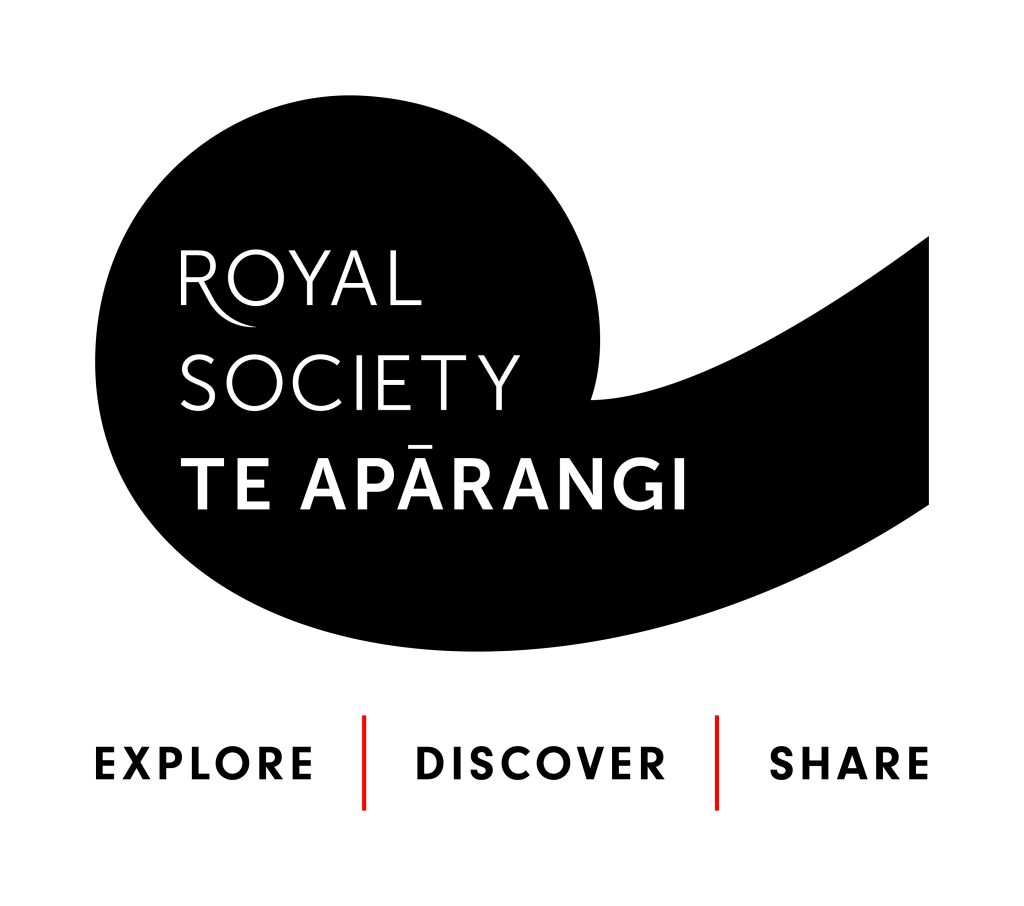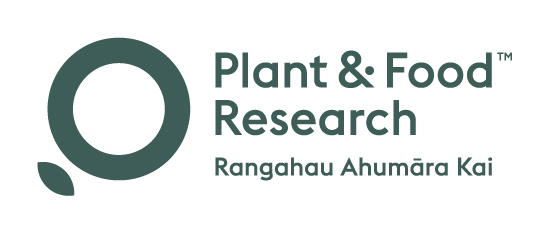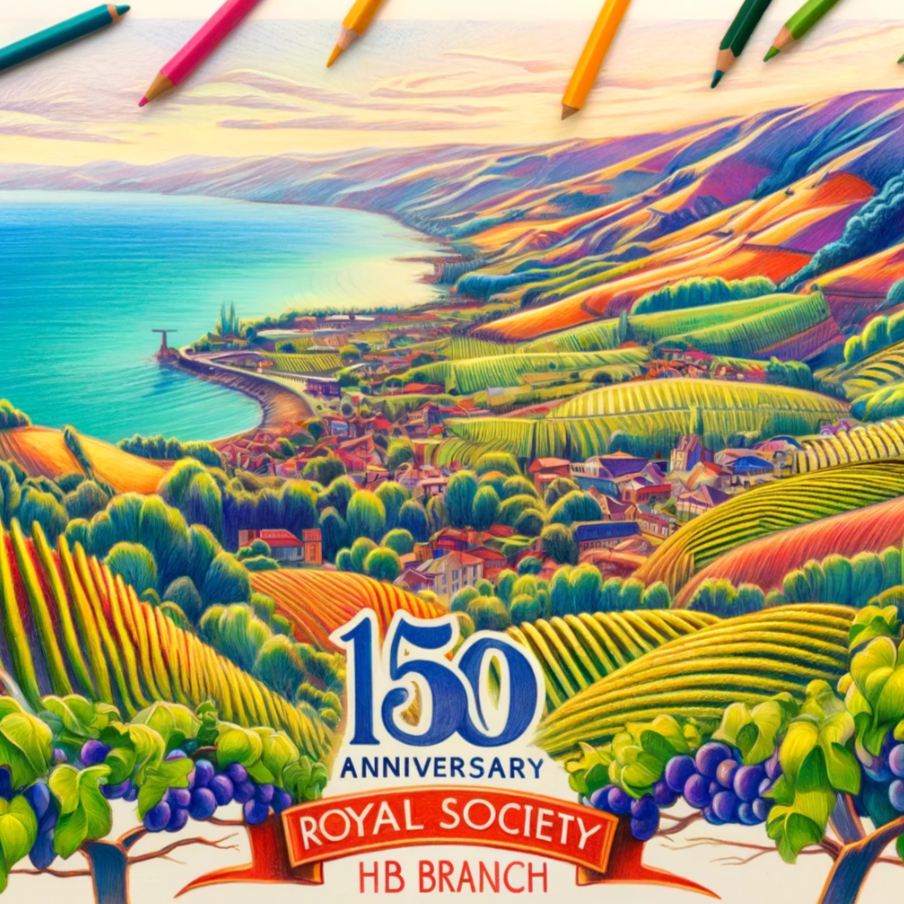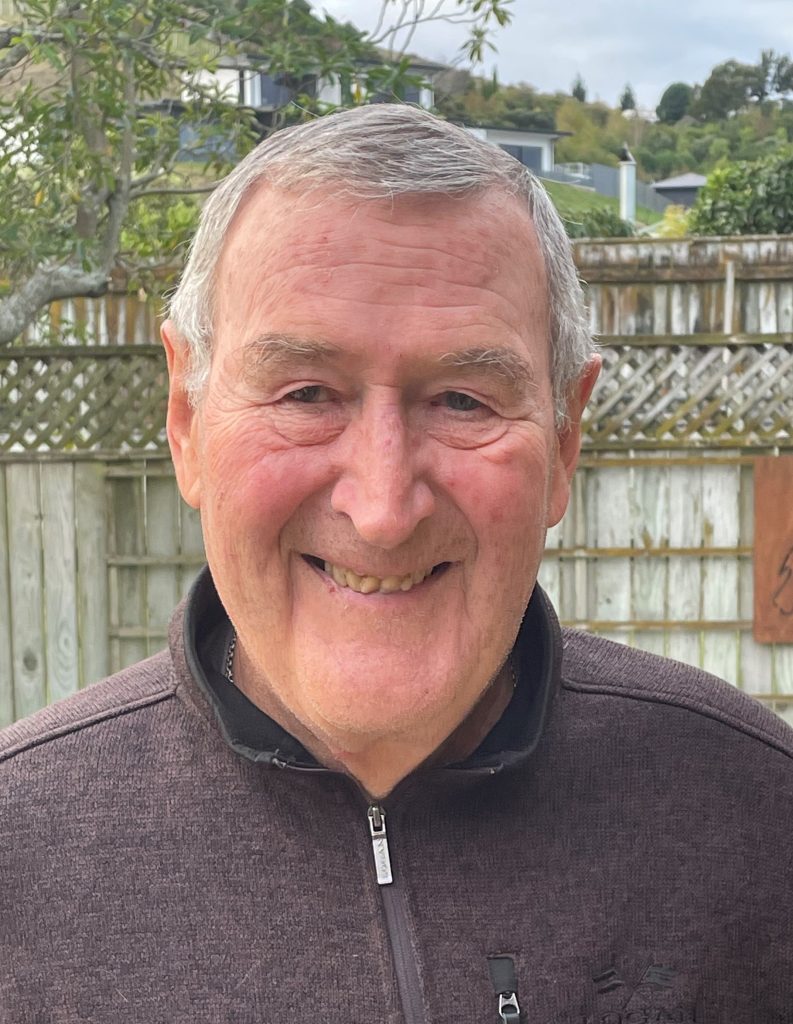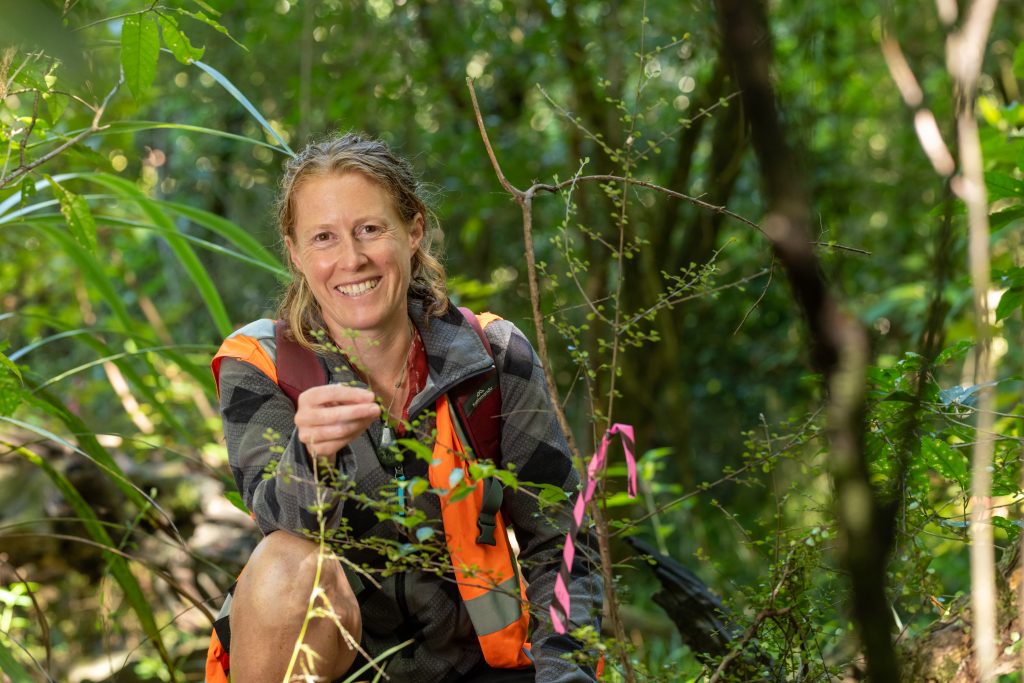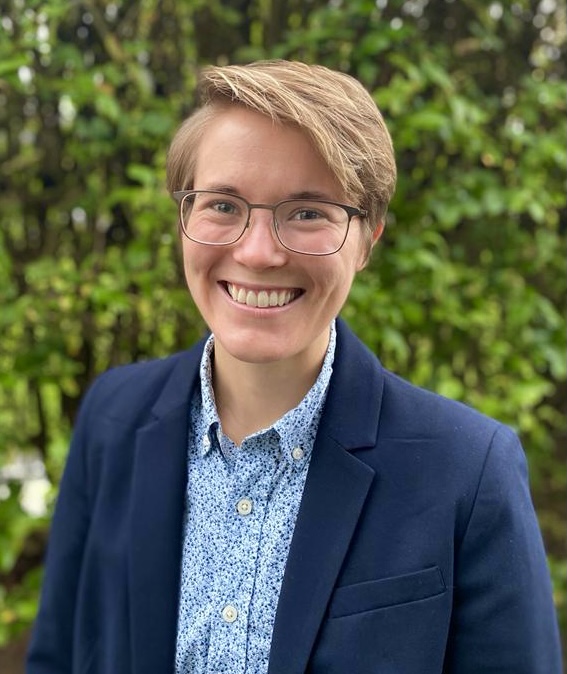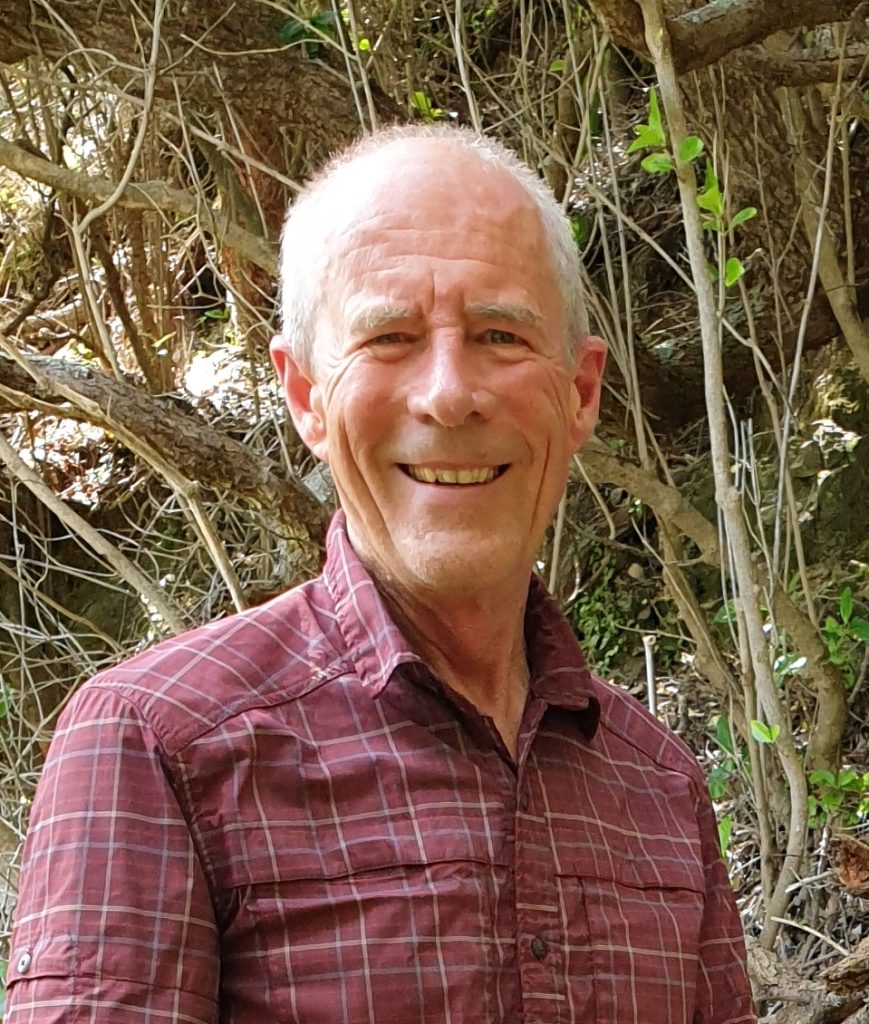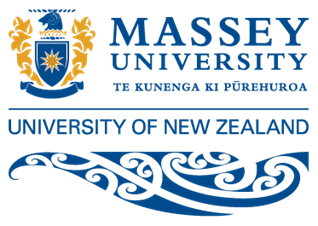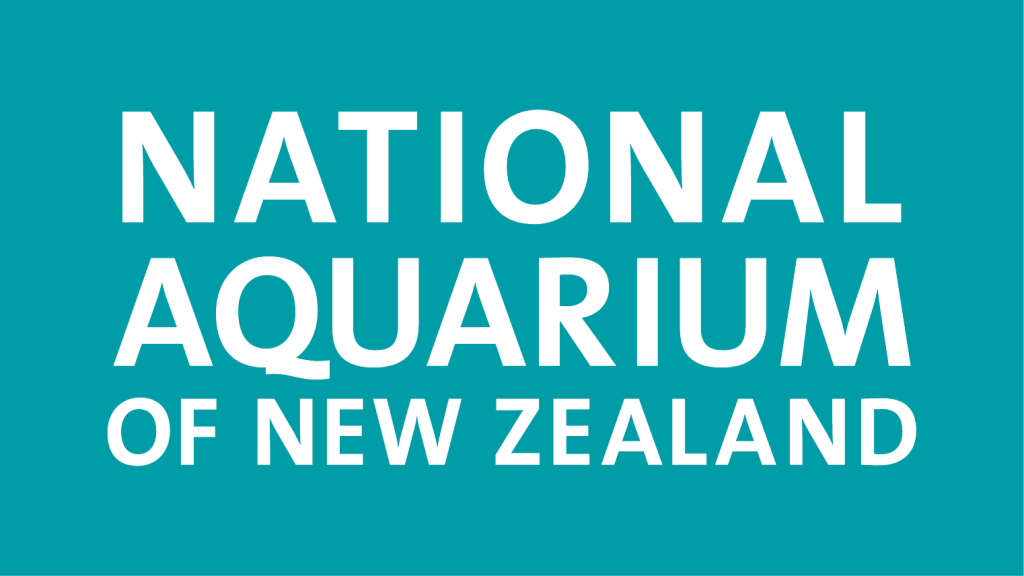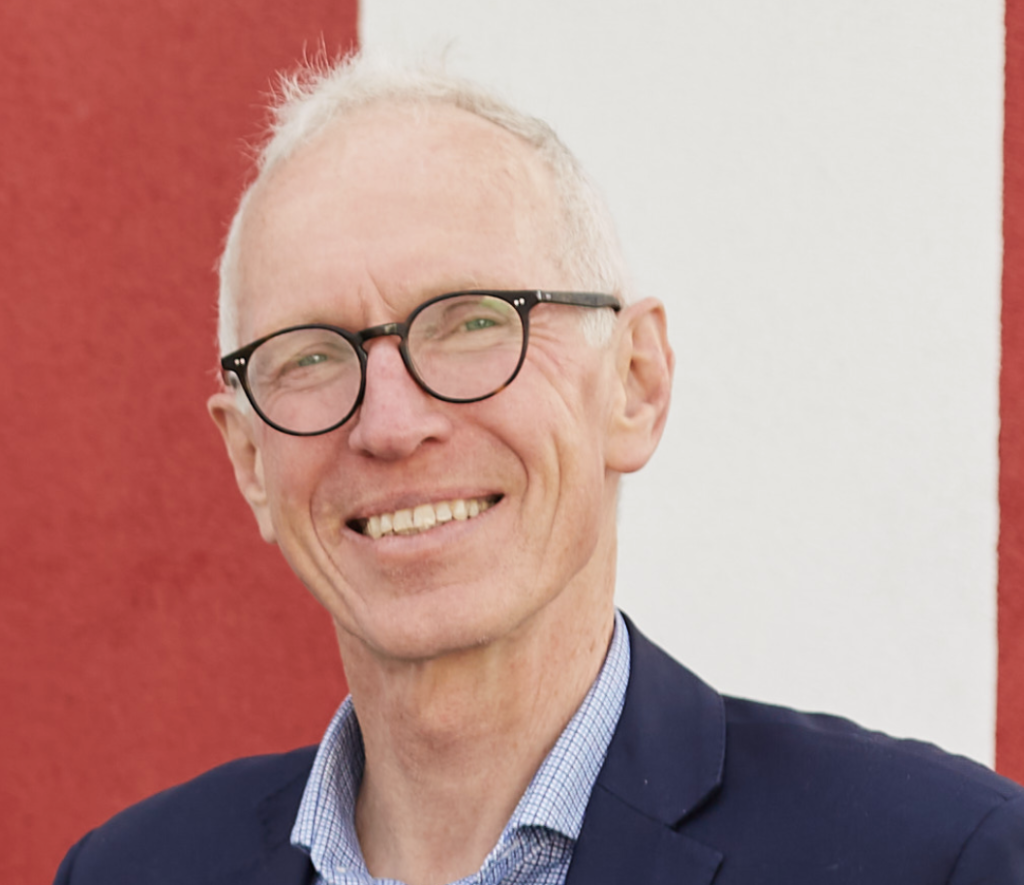Speaker: Louise Beer
Date: Thursday, 22 August 2024, 6pm
Venue: Napier Sailing Club, 63 West Quay, Ahuriri, Napier
Admission: Gold coin donation

https://www.louisebeer.com/work#/gathering-light/
Join us for a fascinating lecture by Louise Beer as she delves into her artistic practice and discusses the philosophical and biological impacts of light pollution. Drawing from her British Council Connections Through Culture project, “Earth, a Cosmic Spectacle,” Louise will share insights from her collaboration with Dr. Ian Griffin from Tūhura Otago Museum. This event promises to blend art and science in an extraordinary way.
Supported by Royal Society Te Apārangi, the Hawke’s Bay Branch, and the British Council New Zealand and the Pacific, this lecture will highlight how Louise’s experience under varying night skies informs her work, examining our symbolic visual connection to the cosmos amidst increasing light pollution.
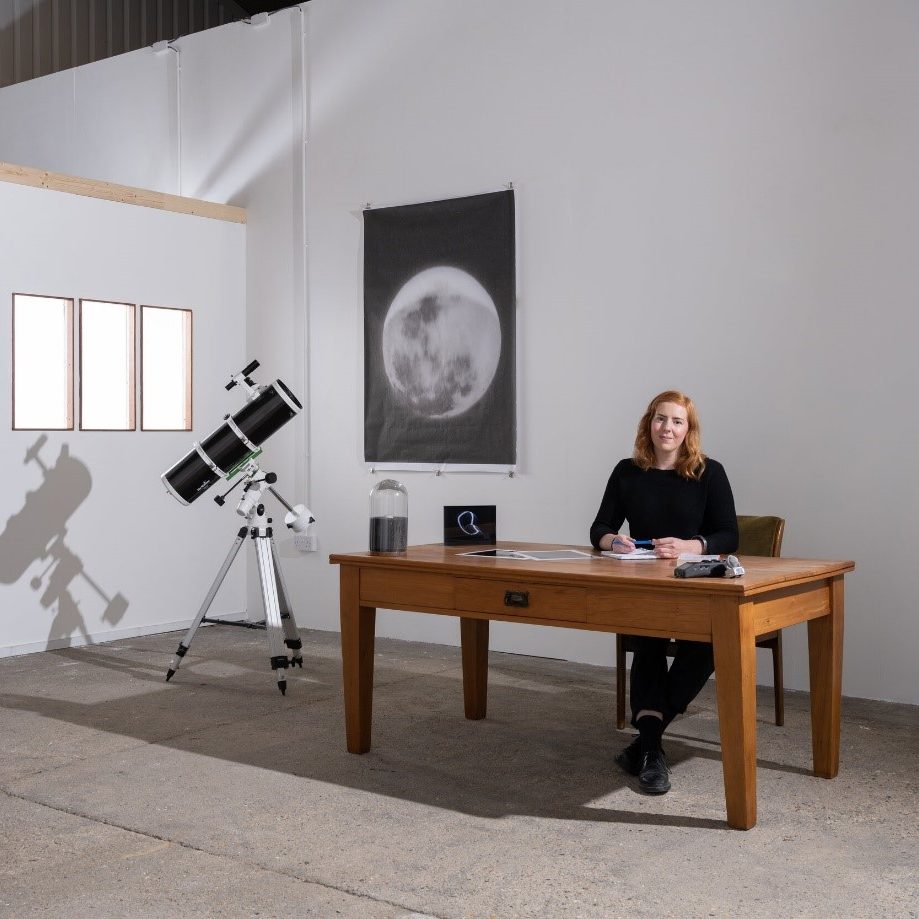
Louise Beer is an artist and curator from Aotearoa New Zealand, currently working between London, Margate, and Aotearoa. Her multidisciplinary approach, which includes installation, moving image, photography, writing, participatory works, and sound, explores humanity’s evolving understanding of Earth’s environments and the cosmos. Sponsored by the British Council, this event will highlight how her experience under varying night skies informs her work, examining our symbolic visual connection to the cosmos amidst increasing light pollution.
